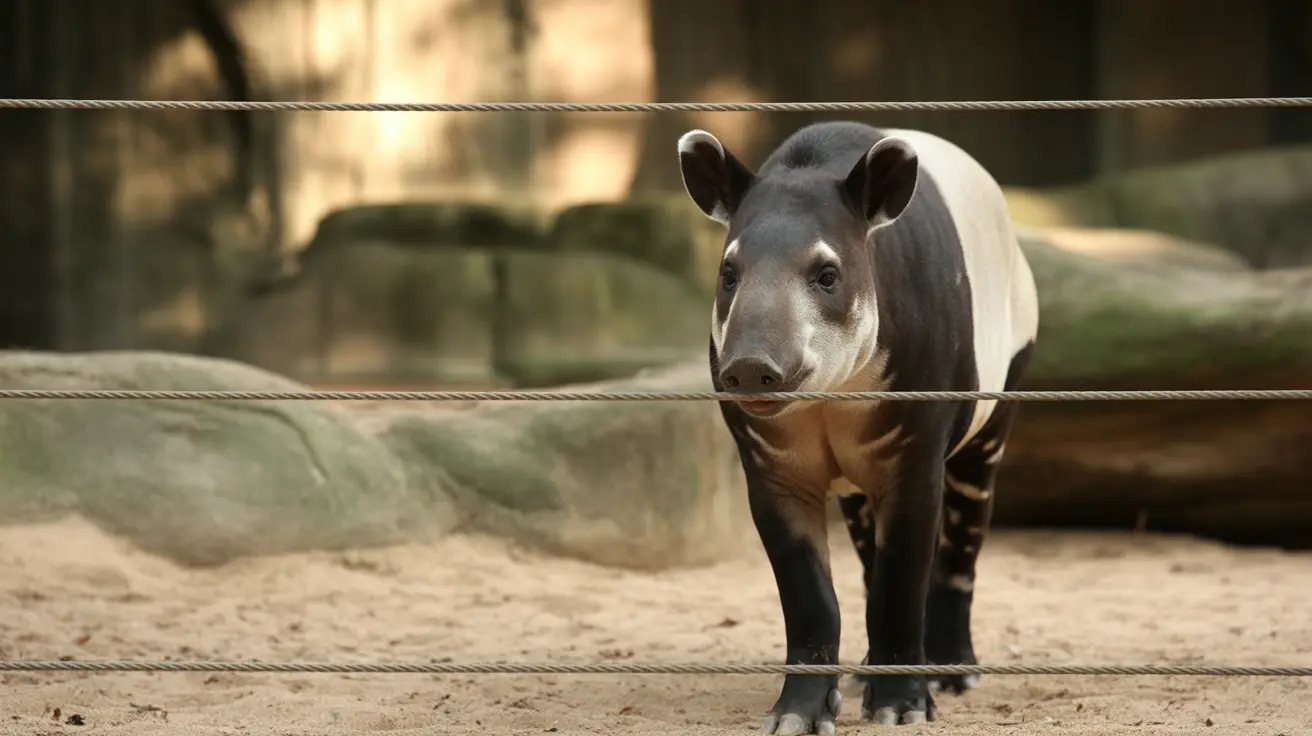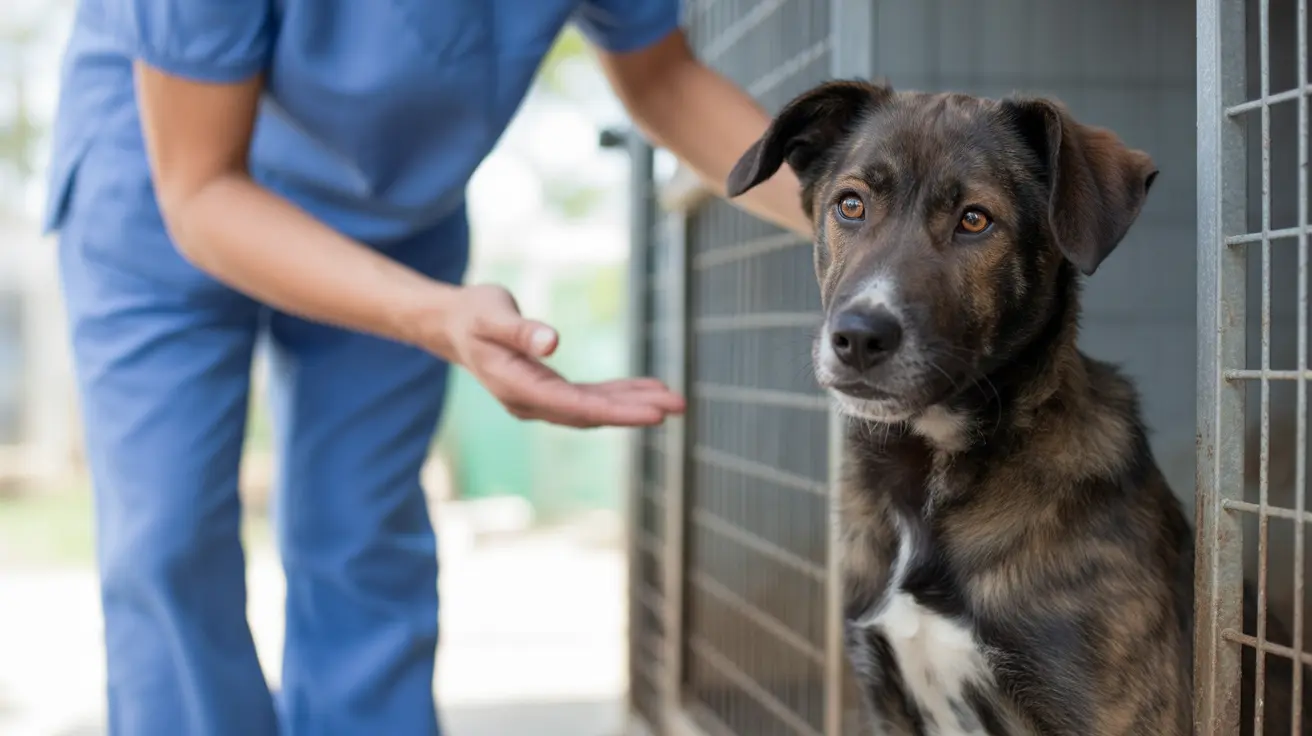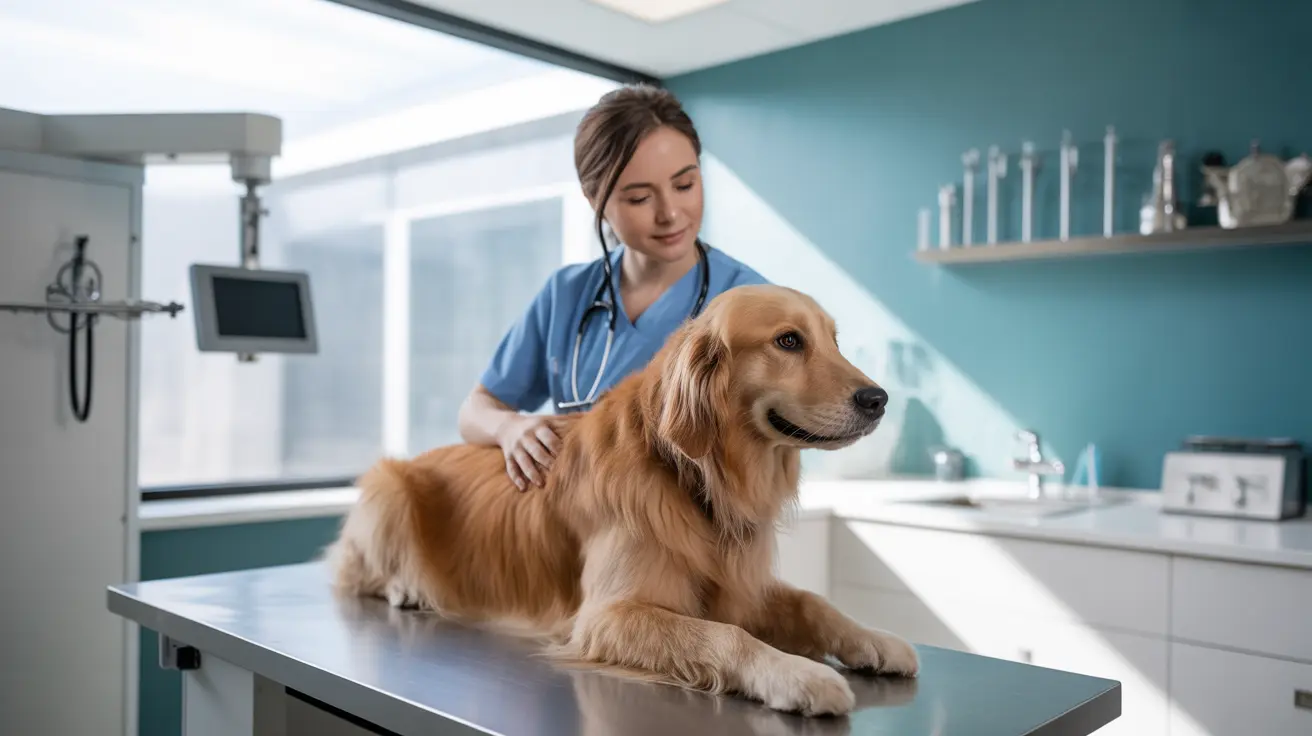Can Spaying Cause Diarrhea in Dogs?
Spaying is a common veterinary procedure designed to sterilize female dogs by removing their reproductive organs. While the surgery is considered safe and brings long-term health benefits, pet owners should be aware of possible side effects, including gastrointestinal issues like diarrhea.
What Happens During Spaying?
Spaying involves the surgical removal of a female dog's ovaries, uterine tubes, and uterus under general anesthesia. The procedure may also be limited to just the ovaries (ovariectomy), depending on veterinary preference.
Common Side Effects of Spaying
Post-operative symptoms can vary slightly among dogs, but some are fairly typical and benign. These include:
- Tiredness and grogginess due to anesthesia
- Mild swelling and redness near the incision site
- Decreased appetite
- Sensitivity or whining, especially the first night
However, gastrointestinal symptoms like vomiting and diarrhea may also be observed.
Can Spaying Cause Diarrhea?
Yes, diarrhea can occur after spaying, usually within the first 24 hours. This is often tied to the anesthesia, stress, or a temporary change in diet. Most of the time, this diarrhea is mild and resolves on its own. However, it's essential to monitor your dog for more persistent symptoms.
When Is Diarrhea a Concern?
Seek veterinary consultation if:
- Diarrhea lasts longer than 24 hours
- It's accompanied by vomiting or lethargy beyond 48 hours post-surgery
- The dog shows signs of dehydration or extreme discomfort
Persistent diarrhea could signal complications such as an adverse reaction to anesthesia, medications, or early signs of infection.
Preventive Measures and Care Tips
To reduce the likelihood of digestive upset after spaying:
- Feed a normal diet after 24 hours unless recommended otherwise by your vet.
- Avoid introducing new foods or treats immediately after surgery.
- Ensure hydration — always offer clean, fresh water.
- Provide a stress-free recovery space to minimize anxiety-related gastrointestinal symptoms.
- Follow all post-operative medication instructions precisely as prescribed by your vet. Do not give human medicines.
Other Potential Post-Spay Complications to Monitor
While diarrhea can sometimes be minor, always observe your dog for other abnormal symptoms such as:
- Yellow, green, or foul-smelling discharge from the incision
- Gaping or open incision site
- Pale gums or labored breathing
- Unusual swelling or hotness around the wound
Conclusion
In summary, while diarrhea can be a normal post-surgical response, it must be short-lived. The spaying procedure remains overwhelmingly safe with a low risk of complications. Through attentive post-operative care, most dogs recover smoothly. Always consult your veterinarian if you notice symptoms that persist or worsen. Proper monitoring ensures a safe and successful healing process for your pet.





